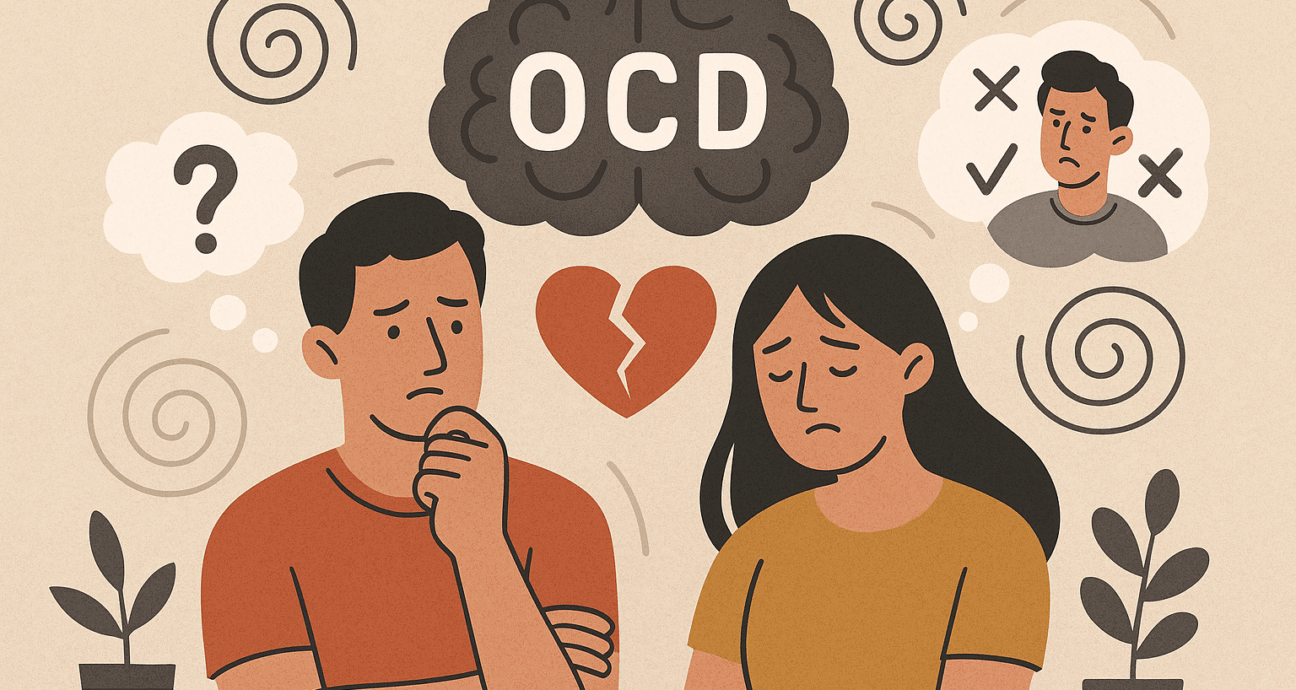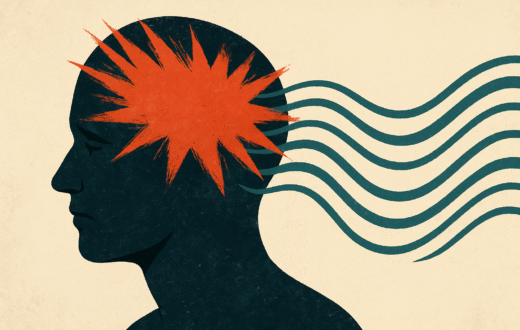Do You Struggle With Relationship OCD?

When we commit to someone, it’s natural to wonder what the future holds. Early on, you might question what it means when your partner introduces you to friends. Later, you might reflect on meeting their family, or whether moving in together is the right step. Questions like “Do I really love them?” or “Am I good enough for this person?” are common.
But when these doubts become intrusive, constant, and emotionally exhausting, they may signal Relationship Obsessive-Compulsive Disorder (ROCD)—a lesser-known form of OCD where uncertainty and repetitive thoughts about love, compatibility, or attraction become overwhelming.
ROCD typically appears in two main forms:
- Relationship-centered ROCD: Persistent doubts about the relationship itself—such as fears of “settling” or endless “what if” scenarios. This often leads to reassurance-seeking, compulsive comparison, or repeated self-checking.
- Partner-centered ROCD: Fixation on perceived flaws in your partner. Thoughts like “Are they attractive enough?” or “What if they had a different job or personality?” may dominate, often creating guilt or shame for focusing on surface-level qualities.
These thought patterns create cycles of anxiety: reassurance may provide temporary relief, but soon doubt resurfaces, reinforcing compulsive behaviors.
Learning to tolerate uncertainty is key. No relationship is perfect, and striving for total certainty can trap you in endless doubt. Psychotherapy—especially Cognitive-Behavioral Therapy (CBT) or approaches informed by psychodynamic insight—can help break these cycles.
If therapy isn’t an option, open dialogue with your partner and practicing acceptance of imperfections—both theirs and yours—may ease the pressure. Remember: doubt is normal; it only becomes harmful when it consumes your life.





